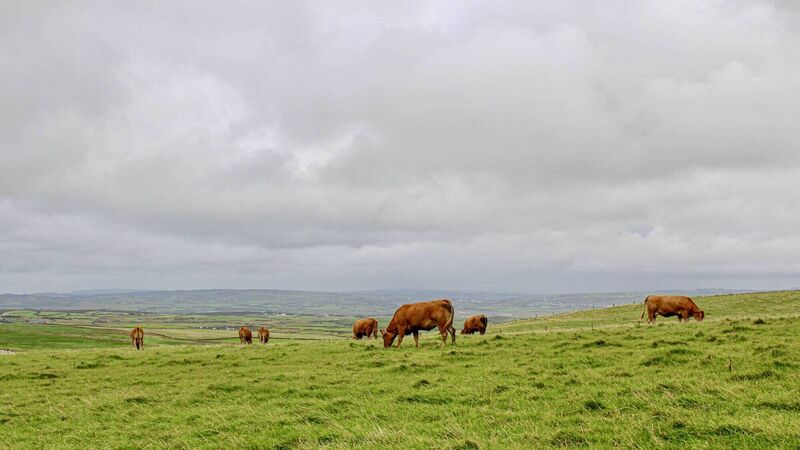Earlier finishing a 'bad investment' if beef price can't cover costs

Conservative estimates by Teagasc show prices would have to be at the €6 per kg level by early spring to cover basic costs of production.
There is "no incentive" for farmers to finish cattle earlier given how stagnant beef prices have remained over the last number of months, a farm organisation has said.
Irish Cattle and Sheep Farmers Association beef chairman Edmund Graham said that back in mid-December, farmers were getting €5.10 per kg for heifers and €5 per kg for steers. Mr Graham said there has been not "nearly enough upwards movement" seen since then, "and certainly not enough to have finished cattle earlier over the winter months".











